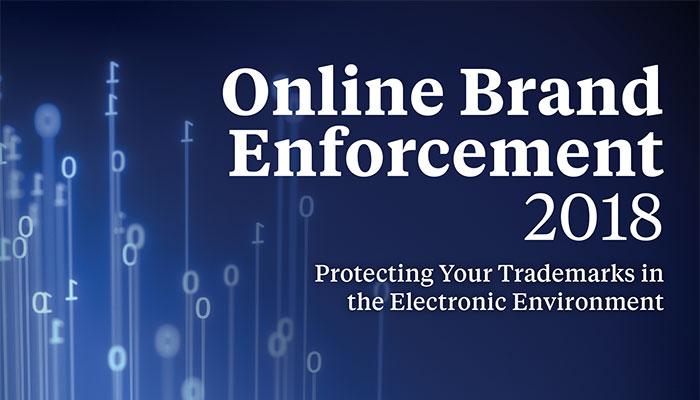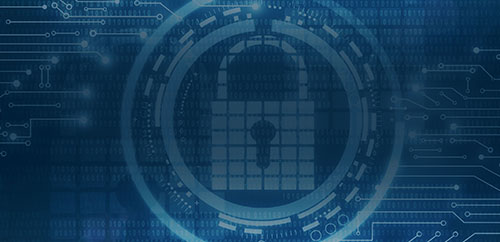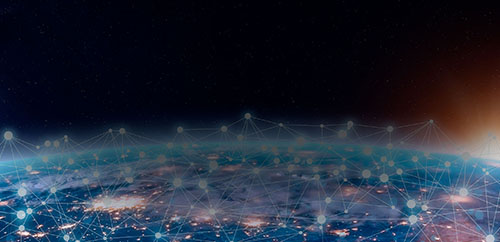GOING PHISHING: COUNTERING FRAUDULENT CAMPAIGNS
Where there is online activity there is phishing. The nature of phishing attacks has changed vastly. These days, phishing is a sophisticated attack vector, with fraudsters seeking a bigger return by impersonating genuine businesses and organisations, especially financial institutions and, owing to the covid-19 pandemic, medical and healthcare organizations.
Download the report by completing the form below.
Register for the webinar here.

Read the article by CSC’s Elliott Champion and Fernando Cevallos to find out more on the current phishing landscape, risks to brands, and how best to combat phishing in the early stages.
This article is an extract from the 2022 edition of WTR’s Anti-counterfeiting and Online Brand Enforcement: Global Guide 2022. The whole publication is available at worldtrademarkreview.com.
DOWNLOAD THIS RESOURCE
Please fill in the form below
*Required
ADDITIONAL RESOURCES
IN THE NEWS

Top Global Companies Falling Short in Protecting Domain Security
Cybersecurity Dive October 5, 2021
A majority of the world's largest companies fall short in protecting their domain registrations, making them susceptible to phishing attacks, business email compromise or even ransomware, according to a report from CSC. CSC examined the core domain for Forbes Global 2000 companies, applying proprietary tools and publicly available information to inform the report.
IN THE NEWS

Most Large Enterprises Fail to Protect Their Domain Names
Dark Reading September 29, 2021
New research carried out by CSC Digital Brand Services, an online brand security company, has identified 325k domains that conduct malicious activities and enable brand abuse, 68% of which were related to COVID-19 treatment, testing and tracking. Chief technology officer Ihab Shraim tells us what this means for the healthcare sector.
WEBINAR

The Day the Internet Broke: Lessons from Recent Cloud Provider Outages
Recently and in a short time span, several large, high-profile, cloud-based providers experienced outages. These incidents shook the internet world—with various media calling it “the day the internet broke”—because it took down online entertainment, eCommerce, logistics, financial services, and more.

